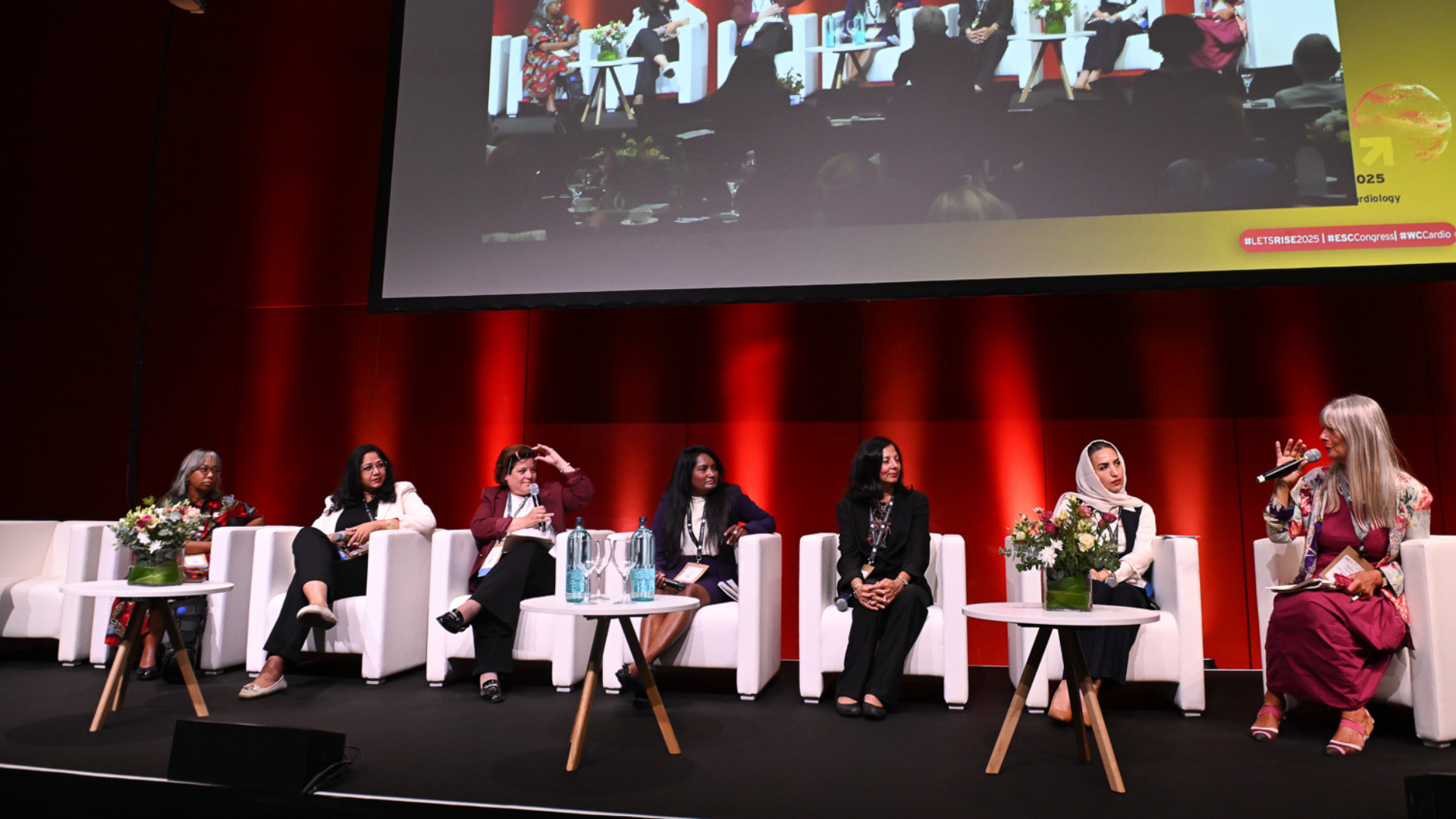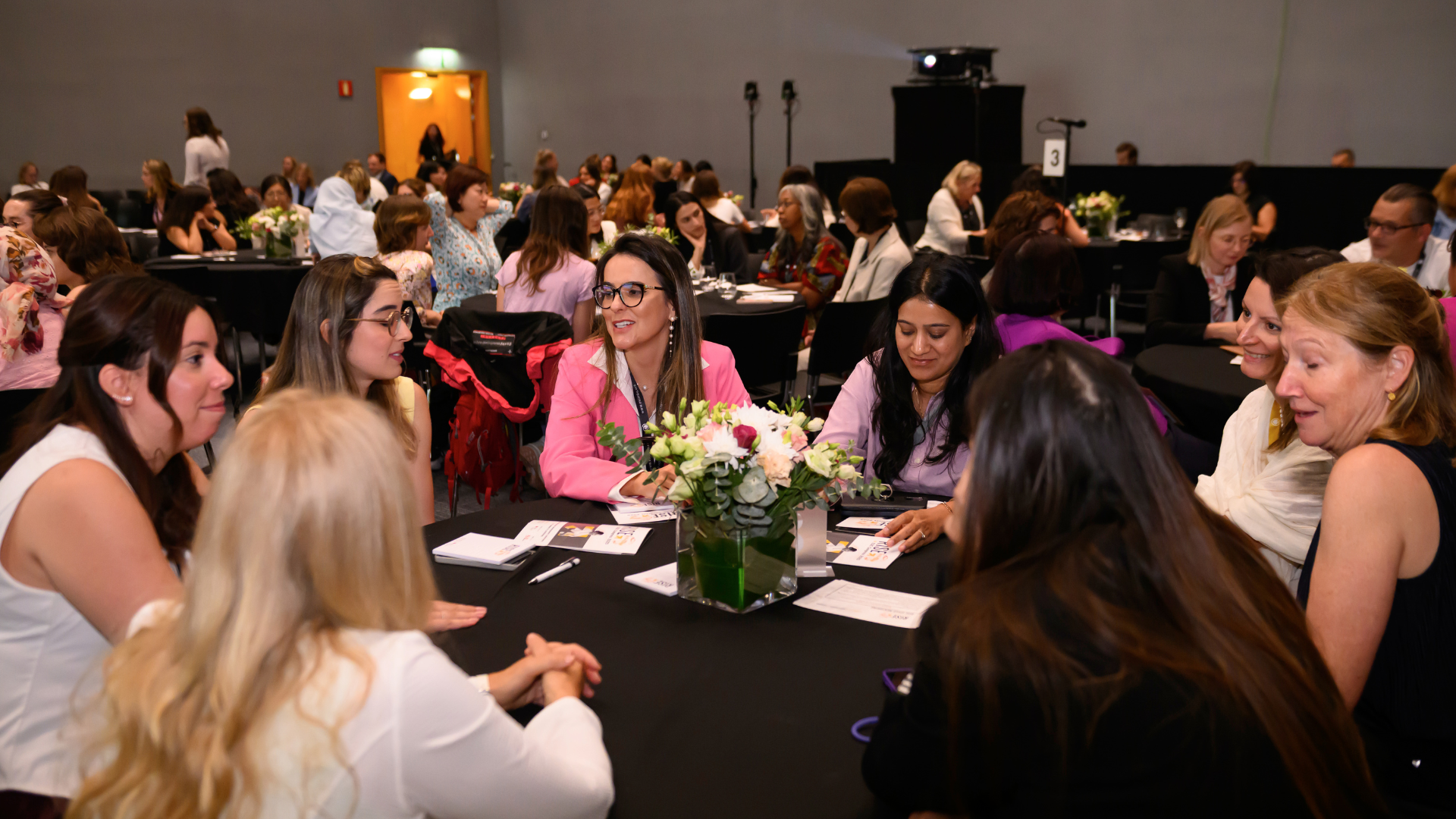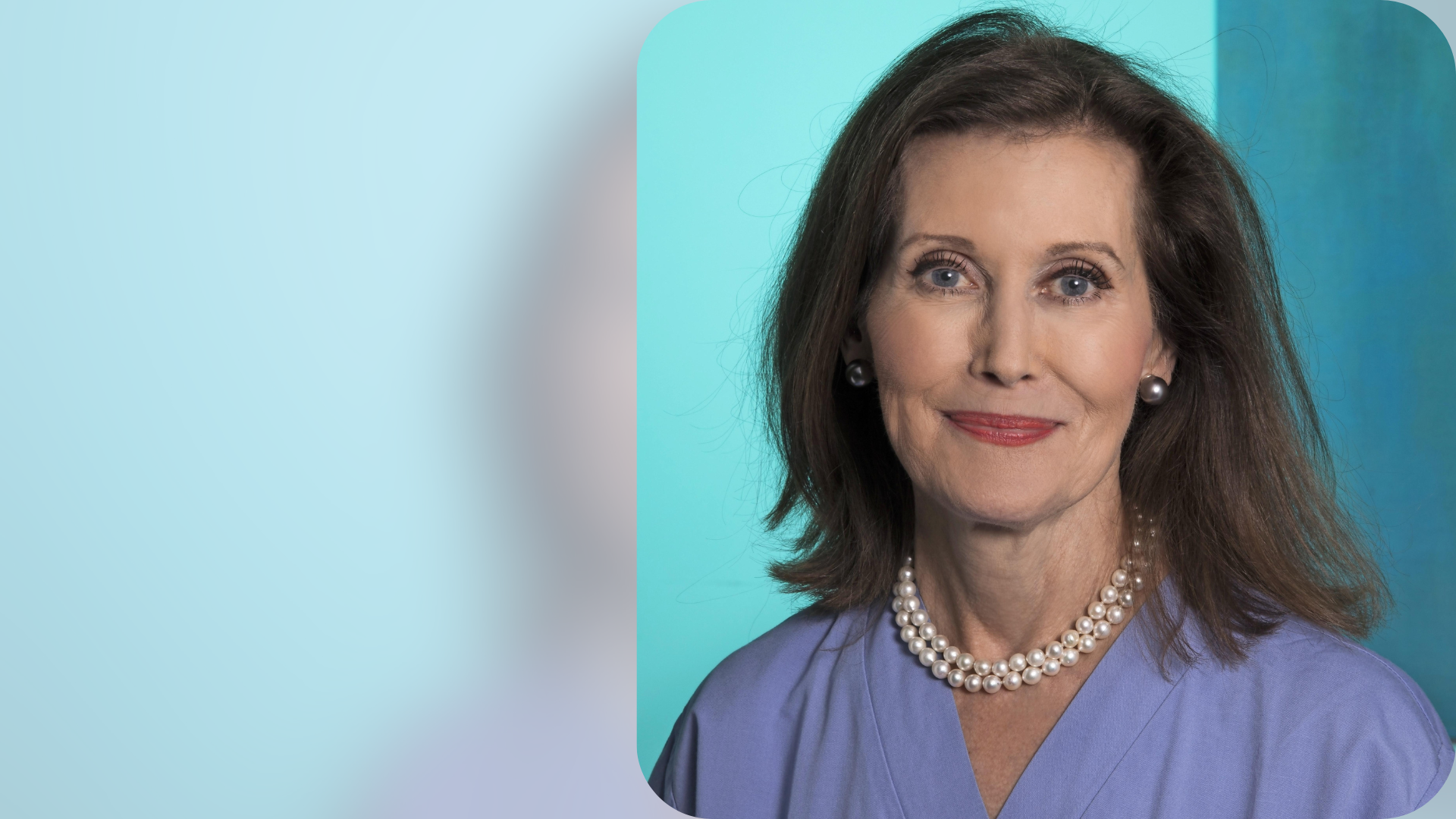Support Opening Pathways in Cardiology this Giving Tuesday – Donate Now!

NEWS
Equity in Cardiology: Trailblazers and Beyond
Published Date – 23 October 2025

At RISE @ ESC Congress 2025, women leaders in cardiology from around the world shared how mentorship, sponsorship, and resilience are transforming the field, and why true equity in cardiology will only be achieved when men are part of the movement.
‘The Heart Talk with the Global Community’ session during RISE @ ESC Congress 2025 brought together an exceptional panel of cardiologists from around the world to explore how women in cardiology leadership are driving change within their regions and inspiring future generations. Moderated by former European Society of Cardiology president and Women As One Board Member, Professor Barbara Casadei, the conversation moved far beyond personal achievement. It offered a powerful reflection on resilience, mentorship, and the shared mission to create an equitable professional environment for all.
The panelists shared both the challenges and the triumphs that have shaped their careers. Dr. Cara Agatiello (Argentina), Dr. Nouf Alanazi (Saudi Arabia), Dr. Dipti Itchhaporia (United States of America), Dr. Vijay Kunadian (United Kingdom), Dr. Sarita Rao (India), and Professor Liesl Zühlke (South Africa) each spoke about their own career paths. Their diverse perspectives illustrated how women in cardiology globally are finding creative ways to build opportunities for others.
Building Leadership Through Mentorship and Sponsorship
The session highlighted the importance of mentorship and sponsorship to women’s success in cardiology. Mentorship provides advice and support, while sponsorship actively opens doors, nominating women for speaking roles, leadership positions, or research opportunities. As Dr. Itchhaporia explained, “A sponsor is someone with a vested interest in your success, the person who puts your name forward for the opportunity before you’re even in the room.”
Several speakers emphasized that mentorship should be multifaceted and inclusive. Effective sponsors and mentors are not always women, and collaboration with male allies remains essential to achieving gender equity in medicine. Audience members also echoed the importance of partnership, noting that bringing men into this conversation is critical to lasting systemic change and achieving equity in cardiology.
Be true to who you are, say no to the things that don’t matter, and yes to the things that bring you joy.
Professor Liesl Zühlke
Overcoming Barriers and Redefining Balance
Many speakers shared candid reflections on their career paths, and the personal sacrifices often made in pursuit of excellence. Dr. Rao described the pressure women in interventional cardiology face to “work four times as hard to prove themselves,” acknowledging the difficulty of balancing family responsibilities with professional ambition. Similarly, Dr. Agatiello expressed her regret at delaying motherhood due to career pressures, while others, like Prof. Zühlke, spoke of integrating family life into her professional world, even bringing her children to hospital wards and conferences during her early career.
The discussion underscored the shared reality that progress for women in cardiology leadership has often come at a personal cost. Yet, every panelist also described the transformative power of perseverance and community support. “Don’t wait for things to happen, go after them,” said Dr. Kunadian. “Seek mentorship, sponsorship, and opportunities. Let nothing hold you back.”
Creating Systems That Empower
While each region faces unique challenges, all agreed that structural change must complement individual determination. Prof. Zühlke shared her belief in creating policies that endure beyond individuals, such as ensuring gender-balanced representation on scientific panels. “We must be intentional and strategic,” she said. “Even if you don’t like the woman on the panel, you support her because representation matters.”
In Latin America, Dr. Agatiello founded the group Mujeres Intervencionistas Latinoamericanas within SOLACI, and one of their initiatives, MIL entrenan más MIL, supports women interventionalists in training the next generation of women in the field.
In India, Dr. Rao and her colleagues have built the Women in Cardiology and Allied Sciences (WINCARS) Association, helping women gain speaking roles, live case experience, and research opportunities at major conferences.
Meanwhile, Dr. Alanazi described Saudi Arabia’s national Vision 2030 initiative, which has embedded women’s empowerment into healthcare leadership development. This, she explained, has provided women in cardiology with access to training, mentorship, and research support at unprecedented levels.
A Call for Cultural and Generational Change
A recurring theme throughout the discussion was the desire to normalize equality, to move beyond the idea of “exceptional women.” Prof. Casadei noted that progress should not depend on individual trailblazers but instead on systems that allow every woman to succeed. “We don’t want to have generation after generation of trailblazers,” she said. “We want a field where everyone can play at their best.”
The conversation called for a collective shift in mindset, one that values equity as an everyday standard rather than an achievement. True cultural change, the speakers agreed, requires embedding fairness into policy, training, and leadership development so that women’s advancement is no longer the exception but the expectation.
We don’t want to have generation after generation of trailblazers. We want a field where everyone can play at their best.
Professor Barbara Casadei
Lessons for the Next Generation
As the session concluded, the speakers offered advice for early-career cardiologists. Their messages, though personal, were remarkably unified: be authentic, pursue what matters, and never underestimate your ability to lead. Prof. Liesl Zühlke encouraged the audience to embrace their individuality and strength, saying, “Kindness and authenticity are your strengths. Be true to who you are, say no to the things that don’t matter, and yes to the things that bring you joy.”
Others echoed the importance of passion, perseverance, and prioritization. “If you’ve chosen this path, believe in yourself and set your priorities wisely,” advised Dr. Rao. “Ask yourself – will this matter ten years from now?”
The discussion closed with a reminder that leadership in cardiology is not about personal recognition but about building a lasting foundation for those who come next. As Prof. Casadei summarized, “It is important to have a sense of mission; it helps you overcome the things that feel uncomfortable because you know they matter more.”
Join the Women As One Talent Directory today
Latest news

The Pulse by Women As One: A New Era of Connection and Professional Growth
News Our CommunityDiscover The Pulse by Women As One, a global community platform empowering women in cardiology to connect, learn, and advance their careers.

Equity in Cardiology: Trailblazers and Beyond
RISEGlobal women leaders at RISE @ ESC 2025 discussed mentorship, allyship, and leadership as keys to achieving lasting equity in cardiology.

Women Who Lead: An Interview with Dr. Cecilia Linde
Our CommunityWomen Who Lead features Dr. Cecilia Linde as she shares insights on leadership, heart failure research, and advancing gender equity in cardiology.

